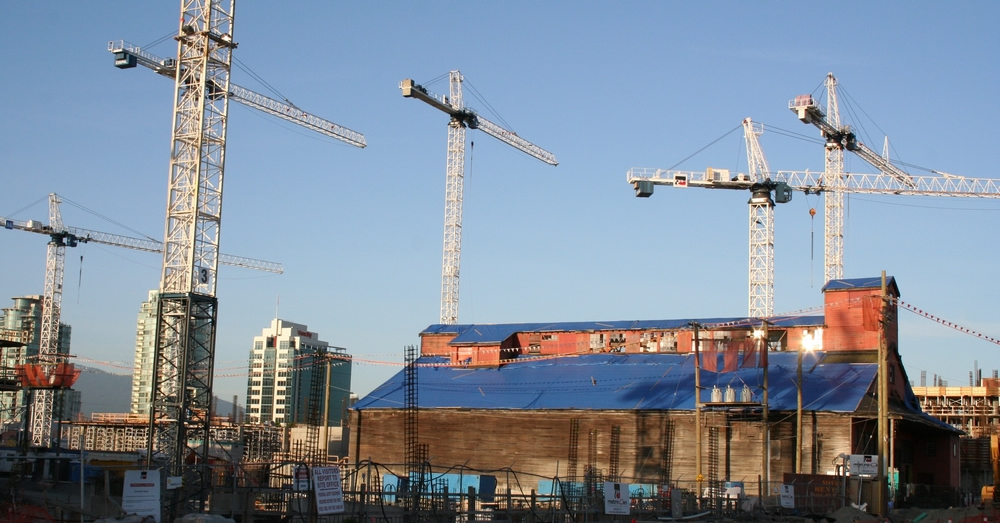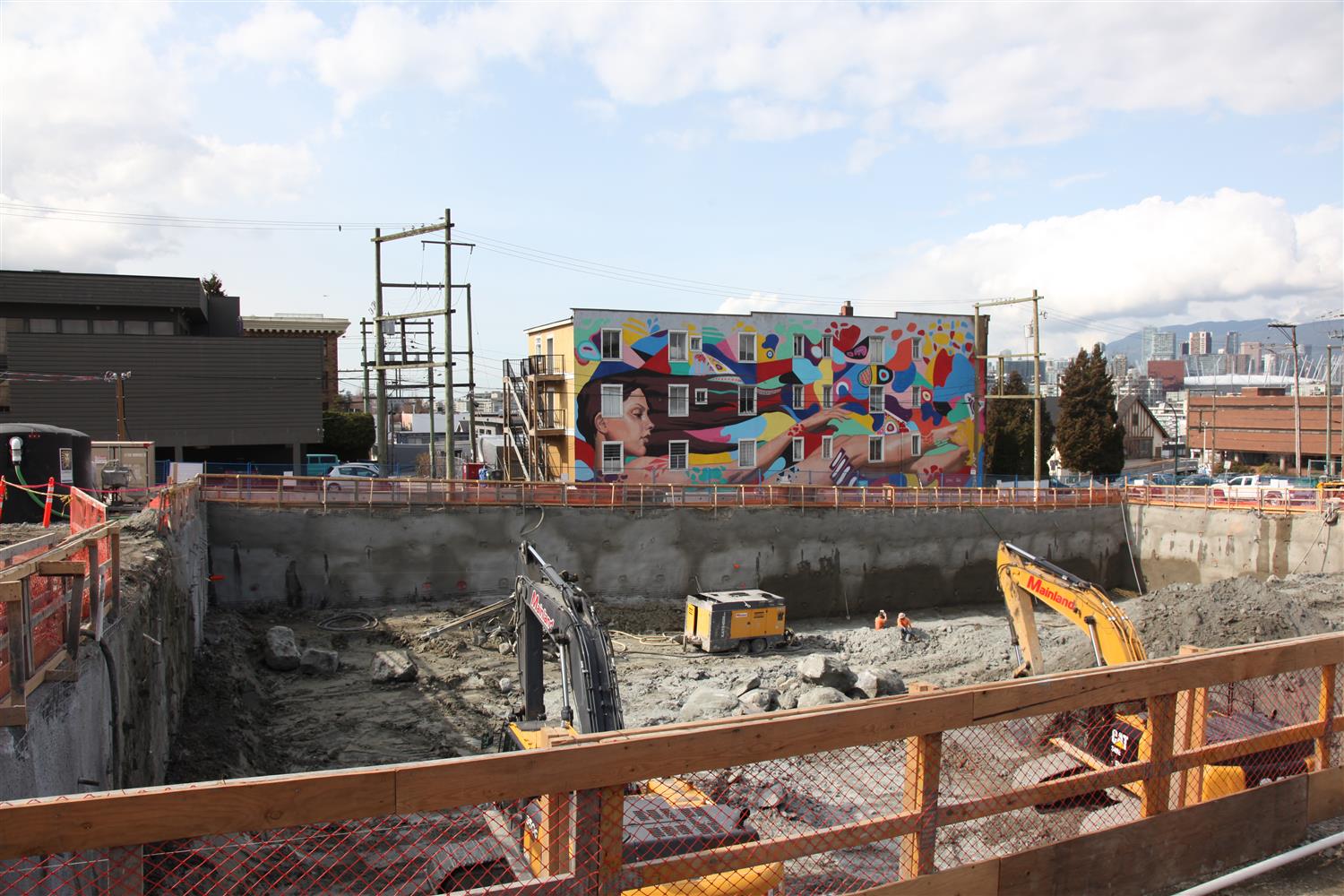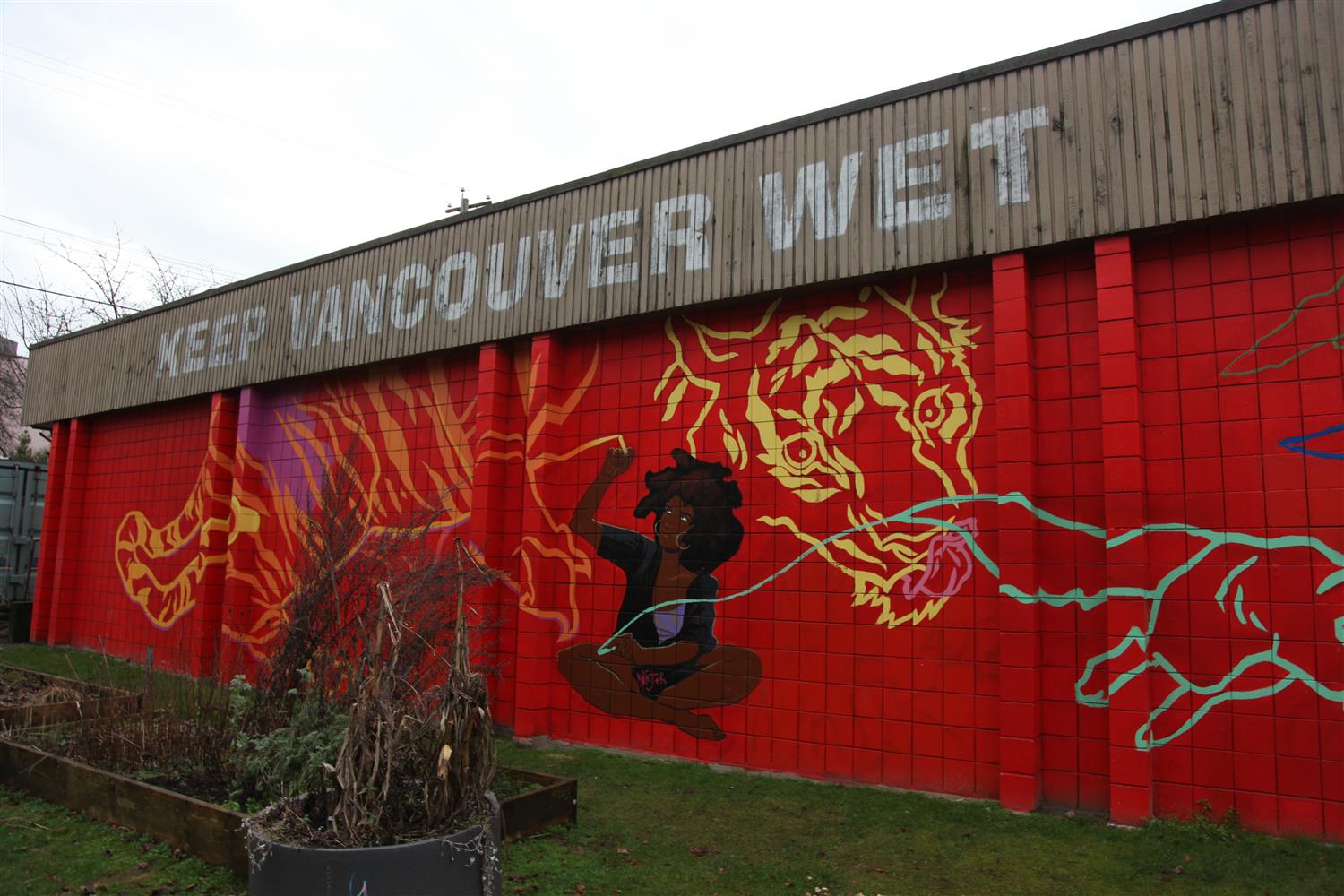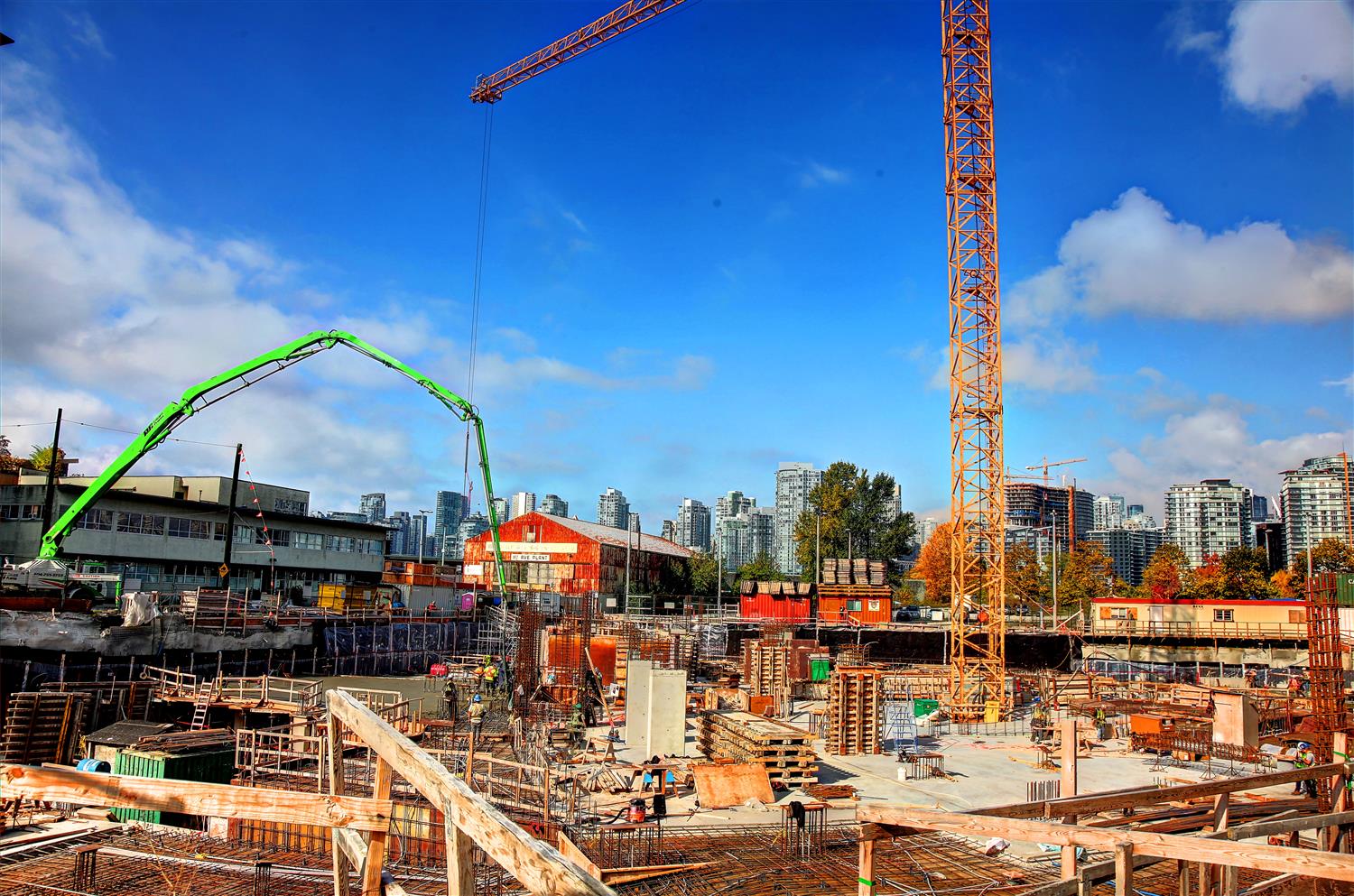
An Urban World
For the first time in human history, a majority of people in the world live in urban areas. Over the next quarter-century, the global urban population is projected to grow from three billion to five billion – advancing at an annual rate almost twenty times faster than rural areas. For the foreseeable future, metropolitan areas will account for an increasing share of global population growth and economic activity. The roster of “millionaire” cities – places with at least a million inhabitants – continues to expand, while the gap steadily widens between the urban poor and the truly wealthy millionaire-billionaire investors of today’s transnational networked economy.
These sorts of statistical statements pervade popular discussion of urban issues, and at times the barrage of rankings and indicators is overwhelming. Yet despite this proliferation of categories and quantities, the very real problems and possibilities of cities and urban life are often ignored or sidelined. As the prominent social and cultural theorist David Harvey (1997) asks, “why is it that the urban so frequently disappears from our discussions of broader political-economic processes and trends? … The urban rarely appears as a salient category in our analyses. The crucial categories seem to be those of modernization, modernity, post-modernity, capitalist, and industrial society. So what has happened to the category ‘urban’?”
Urban Studies is the interdisciplinary effort to answer this question, and to disentangle the paradoxical invisibility and centrality of cities in human affairs. At the University of British Columbia, Urban Studies was launched in 1971. Today, Urban Studies is an interdisciplinary program of the Faculty of Arts, supported by faculty in Geography, Art History, Sociology, History, Classical, Near Eastern and Religious Studies, the School of Architecture, and the School of Community and Regional Planning. Urban Studies is not a Major, but allows students to pursue urban-oriented electives as part of their chosen majors.
Beyond UBC, Urban Studies is a vibrant and growing area of graduate and undergraduate study at many prominent universities. One way of mapping the international community of urbanists is to skim through the institutional members of the Urban Affairs Association, the international professional organization for urban scholars, researchers, and public service providers (Urban Affairs Association, 2005). A partial list of these institutions includes the University of Toronto (the Center for Urban and Community Studies), the University of Glasgow (the School of Urban Studies), Central European University, El Colegio de Mexico (the Center for Demographic and Urban Development Studies), Harvard (the Graduate School of Design), Penn, UNC-Chapel Hill, Temple, Cornell, Clemson, SUNY-Buffalo, Rutgers, Minnesota, Delaware, and UCLA. Recent years have also brought other encouraging signs. Simon Fraser University recently launched a Master of Urban Studies degree. Enrollment in Stanford University ’s Urban Studies Program doubled in only three years (Daniel, 2003). A new Urban Studies Major at the University of California Berkeley is the first new degree program offered by the College of Environmental Design in thirty-six years (McLaughlin, 2002). A grassroots campaign emerged a few years ago at Yale University, where students mobilized to demand a large Urban Studies Major that would combine and strengthen the institution’s existing urban programs (an architecture major with an urban studies track, and an American Studies major with an urban studies focus) (Schamy, 1999). In a climate of widespread budget cutbacks, the University of Southern California ’s College of Letters , Arts and Sciences recently embarked on a $100-million effort to hire scores of “world-class” senior faculty members – and Urban Studies was one of only three target hiring areas (Fogg, 2002).
Urban Studies at UBC
Below is the structure of the Urban Studies Minor, adapted from the official listing in the UBC Academic Calendar. Not all courses have direct links to the Course Schedule, because not all courses are offered every year.
Urban Studies is an undergraduate interdisciplinary program administered through the Department of Geography.
Minor in Urban Studies
The Minor in Urban Studies is designed for students interested in cities and the way urbanization shapes historical and contemporary processes of social and environmental change.
The minor consists of 30 credits, of which 18 credits must be at the 300-level or above.
Lower Level Requirements
12 credits, consisting of:
- URST 200
- 9 credits from ANTH202, ENDS 220 or DES 220, ENDS 221 or DES 230, ENDS 231 or DES 200, FNIS 100, GEOG 121, 122, 290, POLI 101, 260, SOCI 102
Upper Level Requirements
18 credits, consisting of:
- URST 400
- 15 credits selected from the following list and not more than 9 credits from any one discipline in this list:
ARTH 445, ASIA 325, 414,
GEOB 401,
HIST 302, 439, 480,
NEST 319, 402,
POLI 306,
Some of these courses may have prerequisites; students should consult Departmental requirements before registering.
Interested students should visit Urban Studies, or contact the Chair of the Urban Studies Committee, Dr. Elvin Wyly (Geography, Room 132), at 778 899 7906 or ewyly@geog.ubc.ca.
To enter the Urban Studies Program, students can add the Minor on the SSC.
Other Urban Courses
Cities are always changing, and so is the curriculum of any university's effort to keep up with the dynamic frontiers of planetary urbanization. Below are several new courses suitable for substitution for the Upper Level Requirements for the Minor. To have one of these courses coded on Degree Navigator as fulfilling a Minor requirement, schedule an appointment with UBC Geography Student Advising, or send an email to geography.advisor@ubc.ca. If you're interested in another course with an urban focus that's not listed here, or to discuss transfer credits of urban-oriented courses, schedule an appointment to meet with Elvin Wyly, Chair of the Urban Studies Coordinating Committee, phone 778 899 7906, or email ewyly@geog.ubc.ca.
Suggested Paths and Possibilities
Students have many courses to choose from across many fields of study, allowing flexibility for combining the Minor with different Majors. Here are several possible paths to consider, depending on your interests and career aspirations. Each path here includes different combinations of courses to fulfill the Lower Level and Upper Level requirements of the Minor.
Urban Policy and Planning
URST 200, Cities
POLI 101, The Government of Canada
GEOG 290, Introduction to Geography of Canada
POLI 260, Introduction to Global Politics
GEOG 353, Geographies of Migration and Settlement
PLAN 425, Urban Planning Issues and Concepts
POLI 306, Local Government and Politics in Canada
GRSJ 306, Globalization & Social Justice: Gender, Race, and Sexuality in International Politics
ECON 374, Land Economics
URST 400, Seminar in Urban Studies
Indigenous and (Post)Colonial Urbanism
URST 200, Cities
FNIS 100, Indigenous Foundations
ANTH 202, Contemporary Social Problems
SOCI 102, Inequality and Social Change
FNIS 455, Indigenous Geographies: Our Home on Native Land
GEOG 328, Constructing Canada
HIST 302, History of the Indigenous Peoples of North America
GRSJ 306, Globalization & Social Justice: Gender, Race, and Sexuality in International Politics
SOCI 301, Sociology of Development and Underdevelopment
URST 400, Seminar in Urban Studies
Historical Perspectives: Cities and the Future of the Past
URST 200, Cities
ANTH 202, Contemporary Social Problems
GEOG 121, Geography, Environment, and Globalization
FNIS 100, Indigenous Foundations
ASIA 414, Architecture and Urbanism in Islamic South Asia
CLST 331, Greek Art and Architecture
NEST 402, Archaeology of the City in the Ancient Near East
GEOG 321, Historical Geography of Urbanization: Cities, Space, and Power
HIST 480, Social History of Modern China
URST 400, Seminar in Urban Studies
Urban Sustainability
URST 200, Cities
ENDS 220, Architecture in Context: Vancouver
ENDS 231, Thinking by Design
GEOG 121, Geography, Environment, and Globalization
GEOB 401, Urban Meteorology
GEOG 311, Urban Environments
UFOR 402, Urban Forestry Administration, Policy, and Law
UFOR 403, Ecological Restoration
SOCI 364, Built Environments
URST 400, Seminar in Urban Studies
Urban Cultural Studies and Social Transformation
URST 200, Cities
FNIS 100, Indigenous Foundations
SOCI 102, Inequality and Social Change
GEOG 122, Geography, Modernity, and Globalization
ARTH 445, Film and the City
ASIA 325, Hong Kong Cinema
GEOG 456, Film and the City
GRSJ 307, Gender, Race, Sexuality, and Popular Culture
HIST 439, Politics and Culture in Fin-de-Siècle Europe (1880-1914)
URST 400, Seminar in Urban Studies
Cities and Globalization
URST 200, Cities
GEOG 121, Geography, Environment, and Globalization
GEOG 122, Geography, Modernity, and Globalization
POLI 260, Introduction to Global Politics
GEOG 364, Globalization, Cities, and Regions
GRSJ 306, Globalization & Social Justice: Gender, Race, and Sexuality in International Politics
SOCI 301, Sociology of Development and Underdevelopment
GEOG 353, Geographies of Migration and Settlement
SOCI 425, Urban Sociology
URST 400, Seminar in Urban Studies
References
Daniel, Jessica (2003). “Stanford Urban Studies Shows Increased Enrollment.” The Stanford Daily, October 23.
Fogg, Piper (2002). “U. of Southern California Will Add 100 to its Faculty.” The Chronicle of Higher Education, October 4.
Harvey, David (1997). “Contested Cities: Social Process and Spatial Form.” In Nick Jewson and Susanne MacGregor, editors, Transforming Cities. London and New York : Routledge.
McLaughlin, Mark (2002). “UC-Berkeley Introduces New Urban Studies Major.” The Daily Californian, August 13. Ananya Roy, Assistant Professor of Urban Studies, offers an eloquent summary of the mission of this interdisciplinary area of inquiry: “Above all, the intent of the major is to produce urban citizens willing and able to imagine an alternative world order through innovative forms of social praxis.”
Schamy, Michael (1999). “Creation of Urban Studies Major Still Up in Air.” Yale Daily News, November 19.
Urban Affairs Association (2005). “Institutional Members of the Urban Affairs Association.” http://www.udel.edu/uaa/instmems.html

CopyLeft 2019 Elvin K. Wyly
Except where otherwise noted, this site is
licensed under a Creative Commons Attribution 2.5 License

"The earth has urbanized even faster than originally predicted by the Club of Rome in its notoriously Malthusian 1972 report, Limits of Growth. In 1950 there were 86 cities in the world with a population over one million; today there are 400, and by 2015, there will be at least 550. Cities, indeed, have absorbed nearly two-thirds of the global population explosion since 1950 and are currently growing by a million babies and migrants each week. The present urban population (3.2 billion) is larger than the total population of the world in 1960. The global countryside, meanwhile, has reached its maximum population (3.2 billion) and will begin to shrink after 2020. As a result, cities will account for all future world population growth, which is expected to peak at about 10 billion in 2050." Mike Davis (2004). "Planet of Slums", New Left Review (26), p. 5.
About the Urban Studies Program


About
the Urban Studies Program
